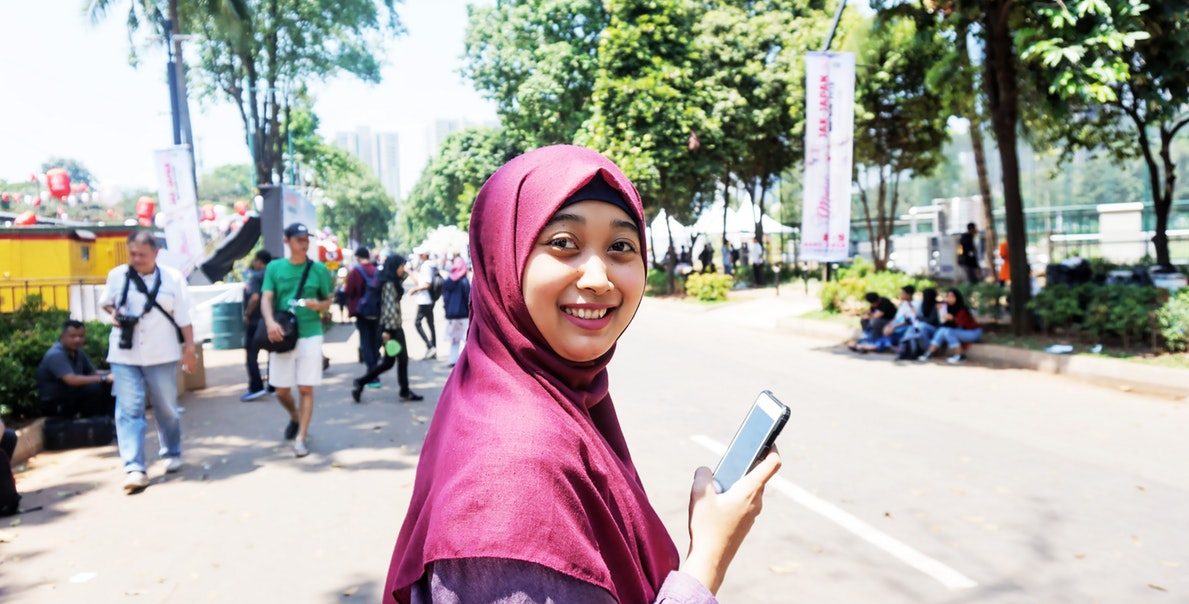
Articles
Editor’s Picks
Why Global Internet Penetration May Be Higher Than Expected
By Cait Etherington
May 10, 2019
In the past, if you asked people whether or not they are on the internet, they generally could offer an accurate response. Today, a growing number of people are using the internet without knowing it at all. If the finding matters, it matters for an important reason–it may mean that the digital divide is less of a problem than previously thought since global internet penetration isn’t always what it appears to be.
The Ongoing Digital Divide
Despite the fact that internet penetration in most developed nations is now between 90% and 100%, in many developing nations, reported internet rates remain extremely low. According to the ITU, in 2017, Chad, the Democratic Republic of Congo, and Eritrea still had less than 10% internet penetration. But could it be that some people surveyed simply don’t realize they are online due to how they are accessing the internet?
Pew Center Discovered Mismatch in Data Concerning Global Internet Penetration
A new study carried out by the Pew Center that nearly 40% of people surveyed who claim not to use the internet indicate that they have a phone that enable them to get online. As reported, the study found that “mismatches are often highest in developing countries.”
Focusing on 11 developing countries, the Pew Center’s 2018 study found that people didn’t always know when they were actually using the internet. In a summary of the study posted on the Pew Center website on May 2, Laura Silver and Aaron Smith explain that so-called unconscious internet users (for example, people who are checking Facebook on their phone but don’t realize they are on the internet when doing so) are more likely to have a lower level of educational attainment.
But Silver and Smith note, the phenomenon is just something that happens in developing countries. It also occurs in developed countries. Previous Pew Center studies found that internet use is generally under reported around the globe. As an example, while nearly all South Koreans report using a mobile phone to check social media accounts (97%), 7% fewer respondents (just 90%) report having internet access.
Facebook, WhatsApp, and YouTube Users Don’t Always Realize They Are Online
One of the most surprising findings of the Pew Center’s study was the discovery that in some places in the world, popular platforms such as Facebook and WhatsApp are often considered separate from the internet.
For example, focus groups carried out in the Philippines in early 2018 found that many people use Facebook as a portal to the internet at large. Specifically, the survey found that people use Facebook to access everything from online dating to job sites to news sites. But interestingly, in the Philippines, about 12% of people who use Facebook report not being online. Similar trends can be found in the United States where close to 14% of adults claim they aren’t online but also say they have access Facebook or YouTube.
The Pew Center found a similar mismatch in South Africa, but in South Africa, the mismatch is with WhatsApp. An estimated 10% of the population is using WhatsApp but don’t necessarily think they are using the internet.
For anyone worried about the digital divide, this finding may be good news. While there is no question that people in emerging economies still experience lower levels of internet penetration on average, this new study may suggest that the digital divide isn’t as large as assumed. For edtech, the finding may be especially good news. It suggests that the potential to bring education to developing nations where there is a high demand for scalable educational solutions may be greater than expected.
Photo by Rio Bahtiar on Unsplash.









No Comments